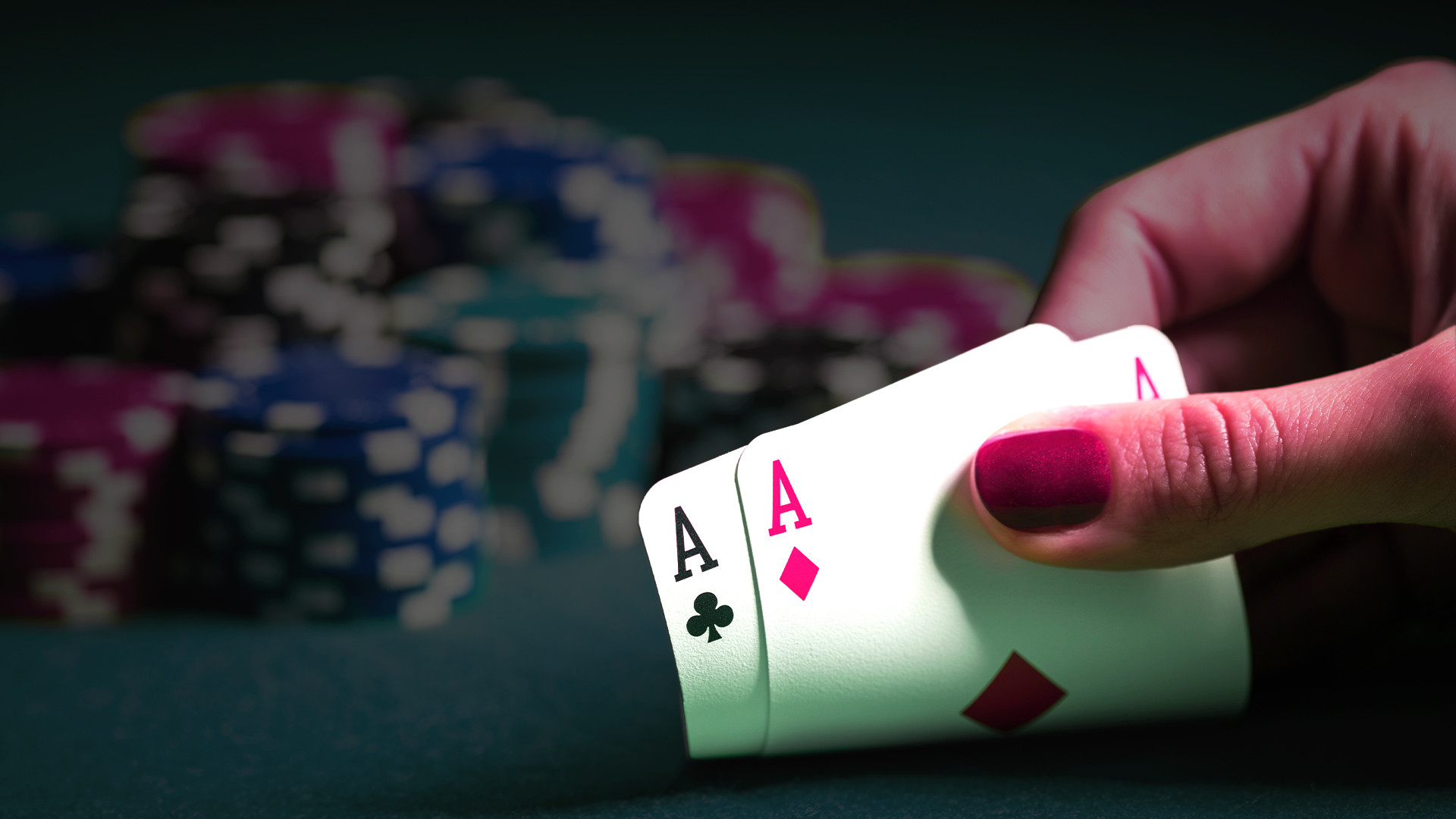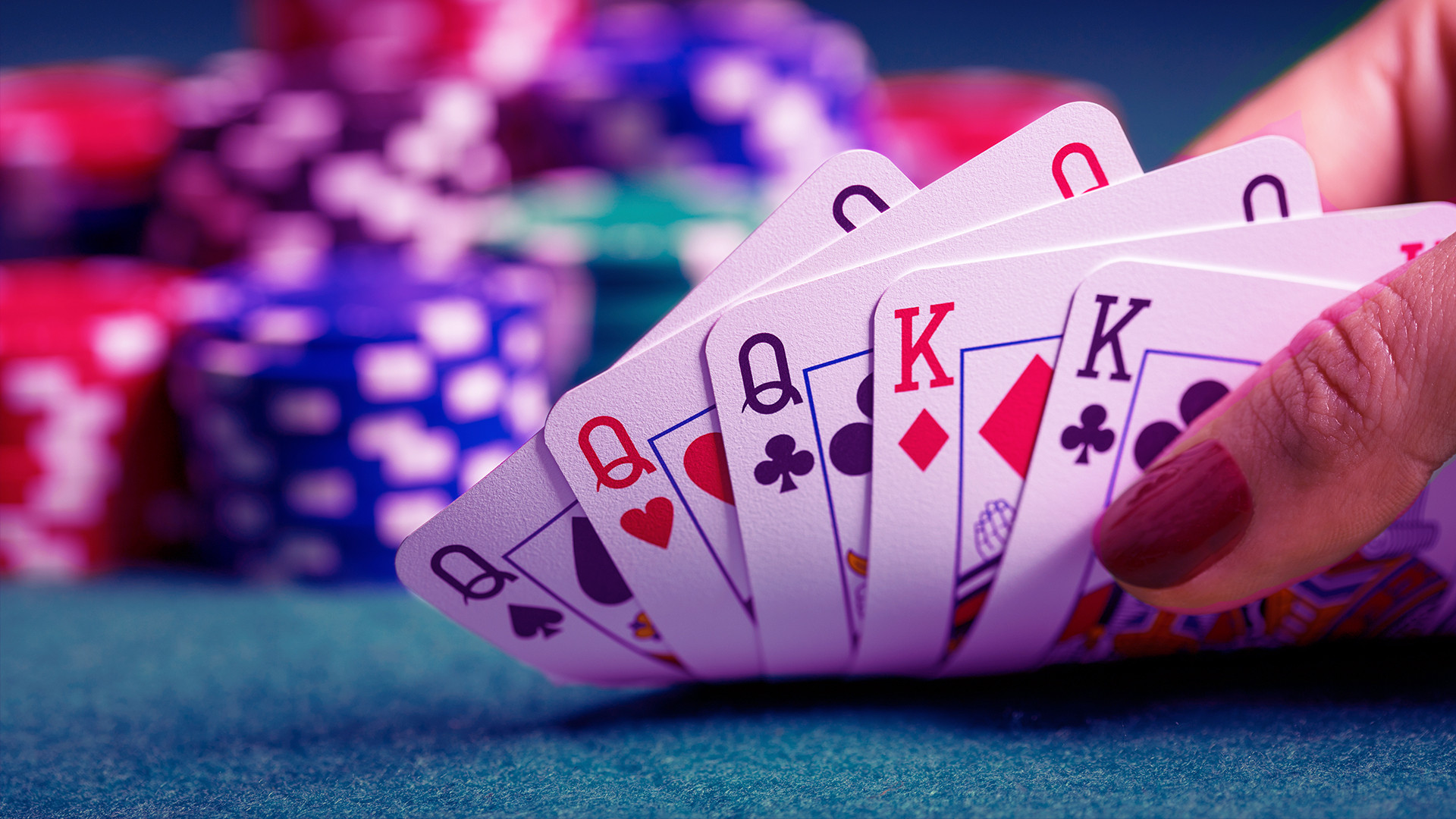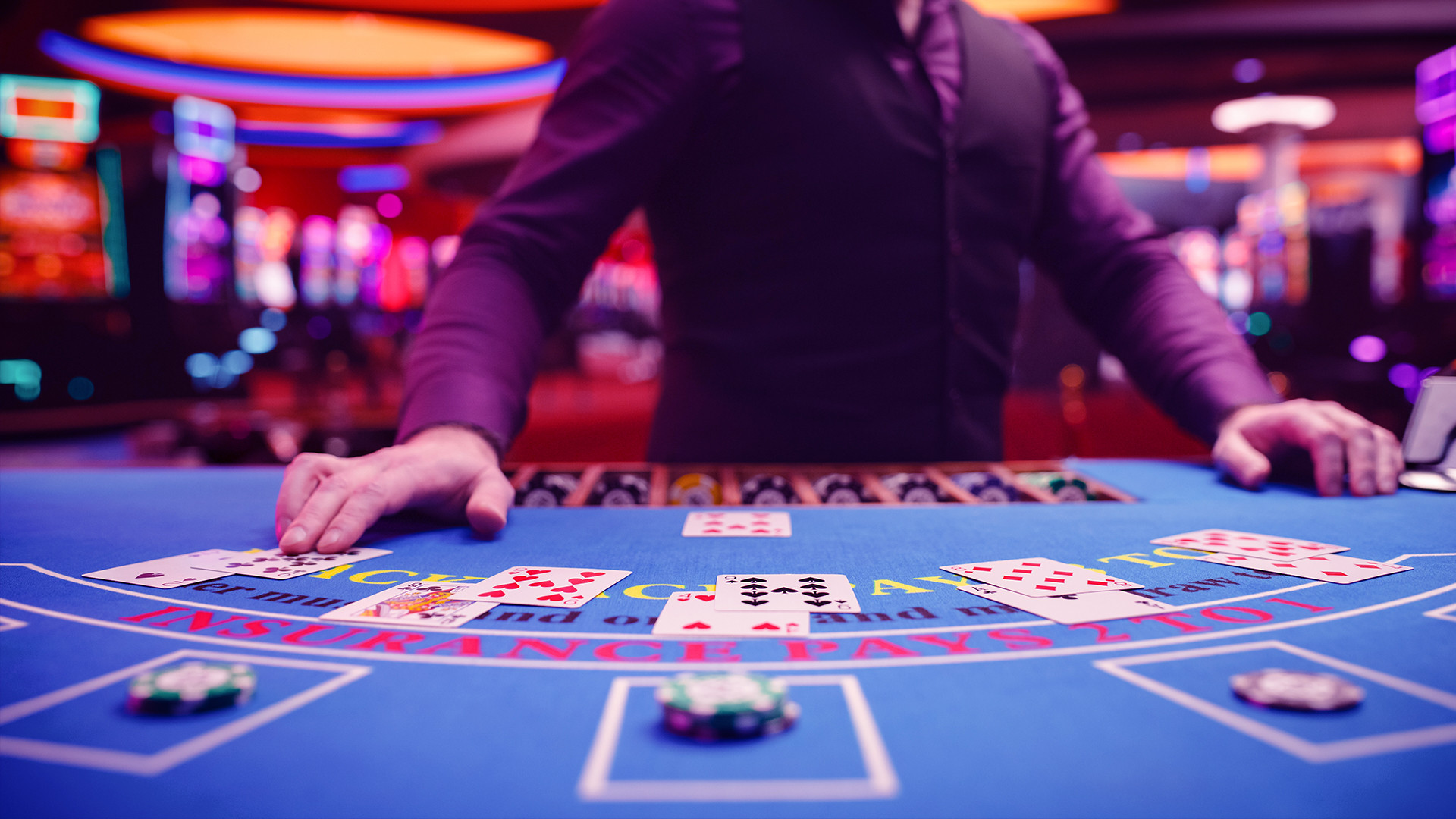
How To Play Aces in Blackjack
A pair of aces can be a blessing or a nightmare. It all depends on whether you know how to play this hand. Getting dealt two aces puts you in a tricky position, as this versatile hand can lead to many scenarios. Still, being dealt a pair of aces is rare. You must be prepared to deal with it if it happens to you. In this guide, we'll explain the ace's role in blackjack, how to react to a pair of aces, and how to use the croupier's card to make your decision. Deciding when to split or hit a double ace is worth considering, so we'll review every scenario to prepare you for any situation you encounter at the blackjack table.
What is an Ace?
An ace card is the only card in the deck with two outright values - as a one and as an 11. It can count as any of the two options depending on what’s needed to form a valid hand. If you get an A and a four, this initially counts as 15 (11+4=15). If you hit and get a nine, this puts your hand total at 24, well above the threshold of 21. Since 24 makes you bust, the A then gets the value of one. Your hand, now consisting of A+4+9, has the value of 14. This type of counting applies to all hands in blackjack, no matter how many cards have been drawn.
Drawing one ace from the get-go puts you in a great position in this live casino game. Followed by a ten, it forms a blackjack and wins you the hand. The deck has more cards with a face value of ten than any other. So, the chances of hitting 21 on a single ace are greater than hitting any other combo.
Getting a second ace on top of the first makes your hand a bit more complicated. Your pair is now valued as a soft 12 or as a two. Both are equally problematic hands for one simple reason. If you hit, you are more likely to get a ten than any other card. Doing so turns your hand into a 22, which is bust, so it shifts back to a 12 and gets you in the same boat. The other scenarios are:
- You get a nine and complete 21.
- You get anything below a nine, statistically more likely, and end up with another less-than-ideal hand of 20 or below.
- So what makes the pair of aces a hand with such significant potential? The beauty lies in the power of splitting them.
Playing Your Ace in Blackjack
When dealt aces, you have two options - either hit or split them. Keeping them paired and hitting usually turns the tide against your favour. So, experts agree that you should almost always split your aces. But there’s more nuance and strategy than you might think.
Making Use of the Dealer’s Up-card
In games such as power blackjack, you and the dealer get two cards each on the first deal. But while yours are both face-up, the croupier has one of the cards facing down and only one up. The open card can significantly inform your decision on whether to hit, split, or stand during each round. It’s an especially powerful tool when you get two aces. A high card, such as a nine, ten, or A, in the hands of the dealer might suggest they are set up for a strong hand with just their initial pair. A low card, like eight or below, shifts the tides in your favour to beat them with split aces. Both choices bring forth their pros and cons. The version of blackjack you play also comes into account. Whether the dealer checks for a natural blackjack before continuing with the hand or not further complicates things.
Deciding to Split Aces
Experts agree that splitting aces is more advantageous than hitting them in almost any scenario. Splitting them creates two strong hands when considering the high chances of hitting a ten on either ace. With this move, you've practically transformed a soft 12 into two potential 21s. Even if you hit a lower card, like a nine or an eight, the total value of your hand will still have the potential to win more times than not. Remember that many physical and online casinos have specific rules for splitting aces. For example, some casinos don't allow you to hit again after the split. The hand for you is over once each ace gets a second card on top of it. This allows you only one chance to improve a pair of aces further, so plan your bets accordingly.
Additionally, splitting any cards, including aces, doubles your initial bet. If you start the hand with £50 and want to split, you'll then place another £50 on the pair, putting your total bet at £100. Even considering all this, it's still more advantageous to split aces rather than hitting them in most cases. The blackjack community agrees on this so much that hitting on a pair of aces has become frowned upon as a rookie move.
When to hit on an Ace?
Most gamblers consider hitting aces to be a wrong move. And if you’re playing American blackjack, it might be so. But in the European version, the rules are different. Here, hitting double aces is not only a good move but a far better one in some instances.
In the American blackjack version, the dealer can check for natural blackjack if they get a ten or an A as their face-up card. Before they do so, the croupier will offer insurance. Insurance is a side bet guarding you against a natural blackjack in the hands of the dealer. If they hit 21 with the two initial cards, you get your chips back, and the hand is practically pushed.
Mind that you don’t know what their face-down card is. Only the dealer knows. If they don’t have natural and the hand goes on as usual, the best pair combo they can hope for is a 20 or below. This means hitting anything above a nine on either ace will likely result in a win or a push. Splitting here is a no-brainer.
In the European version, on the other hand, the dealer only gets one card - the face-up one. Their face-down, or ‘hole’ card, comes later in the hand after every player has finished their moves. That means that if they get an A or a ten, you must play through the whole hand and invest all your bets before you see if they beat you with a natural blackjack. Let’s say the dealer here gets an A while you grab two As. If you split, and none of the follow-up cards completes a 21, your hand is toast. A pair of aces against an A or a ten in ENHC (European no-hole card) blackjack is such a bad hand that you’d be better off hitting than splitting any day.
Another scenario where you might hit a double ace is when you are low on chips. If your remaining stakes are enough for one more bet, holding them off for the next hand might be better than investing them in split aces. Although such a split can potentially win big, it’s nowhere near the best hand in blackjack. Saving your chips and putting them in the next round, hoping for a natural or a 20-pair, is the way to go.

